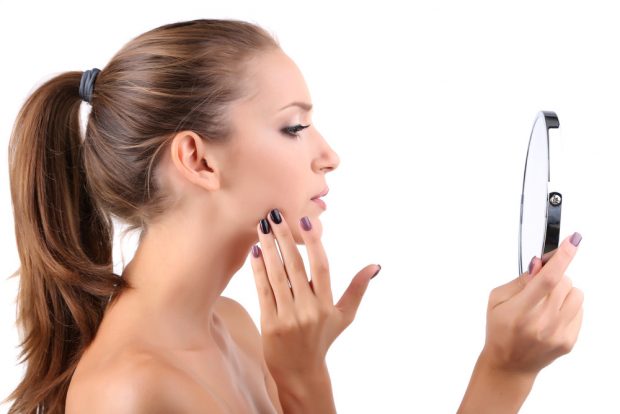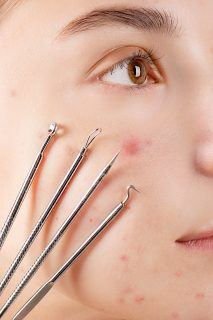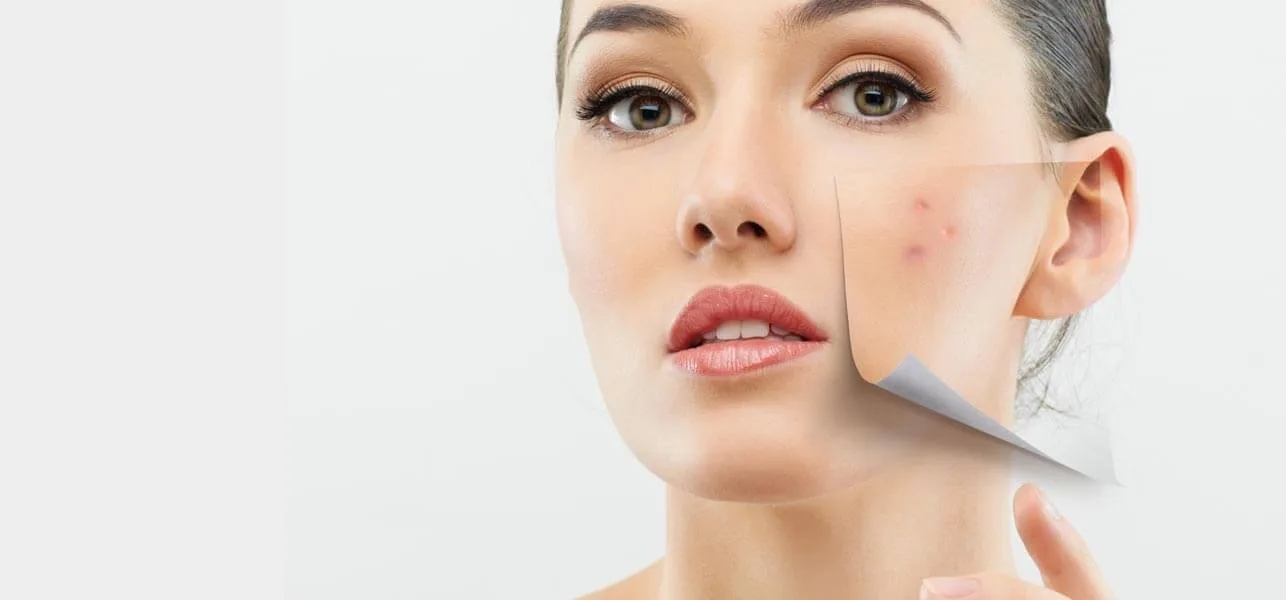Most of us think of Vitamin D as the vitamin that comes from sunlight. New research seems to show that it could be useful for more than we first thought. Researchers seem to have established a direct link between acne and vitamin D levels. But what is it, where can we get it, and is there actually a link between “the sunshine vitamin” and acne?
What is vitamin D
 It is essential for many bodily functions. Some of its main functions include the maintenance of bones and teeth. It is also thought to be useful in the prevention of diseases, including diabetes type 1.
It is essential for many bodily functions. Some of its main functions include the maintenance of bones and teeth. It is also thought to be useful in the prevention of diseases, including diabetes type 1.
Despite the fact that it’s called vitamin D, it isn’t actually a vitamin at all. Instead, it’s actually a pro-hormone (essentially the precursor of hormone). Vitamins cannot be produced by the body and need to be consumed as part of the diet. Vitamin D however, is made by the body. Levels can also be boosted through exposure to sunlight and eating foods that are rich in it such as fatty fish, egg yolks, cheese, beef liver, mushrooms as well as fortified milk, cereals, and juices.
What is acne?
Acne is a chronic skin condition. It’s inflammatory and is typified by spots and pimples which appear on the face, back, neck, and upper arms. Acne includes whiteheads, blackheads, pimples, nodules, and cysts. It is the most common skin condition and affects around 50 million Americans. It is most prevalent during puberty when the sebaceous glands activate but does also occur in adults. A massive 85% of people just in the USA experience acne between the ages of 12 and 24.

Acne becomes an issue when the tiny follicles which carry dead skin cells to the surface of the skin become blocked. Oil builds up under the skin and creates a plug. The plug can become infected with bacteria which causes swelling and then, a pimple.
A possible link between deficiency and acne?
Most commonly known (and lovingly referred to) as the “sunshine vitamin”, it might have more to do with your acne than you might think. It seems that vitamin D deficiency and acne might well be linked. In 2006, it was estimated that more than 41% of the US population was deficient. Currently, this deficiency is not listed as a risk factor for acne. However, as more research on the topic is done, that may well change. Researchers have begun to look at the ties between vitamin D and immune system regulation.
It is this link to the immune system that might well explain why skin health is linked so closely with vitamin D levels. A 2014 study, for instance, found that sufferers of nodulocystic acne experienced more severe symptoms if they had low or deficient levels of vitamin D. Another study also found that when acne sufferers took oral supplements, symptoms did improve. This seems to indicate that there is a definite link between the two, one which deserves a lot more scientific exploration.
Why might it work for acne?
We know that acne is largely caused by bacteria. It has antimicrobial properties, so this may play a large role in how it might address the symptoms of acne.

Photo by Anna Nekrashevich from Pexels
Some experts believe that using topical vitamin D on acne may calm the skin and reduce symptoms. Another major aspect of why it might work so well? It also has anti-inflammatory properties. Thus, having enough vitamin D may well support the skin in addressing the inflammatory symptoms associated with acne.
Okay, so how do I increase my vitamin D levels?
Though it is called the “sunshine vitamin”, doctors do not recommend prolonged sun exposure as a way of increasing your vitamin D levels. In fact, exposure to the sun might well do more harm than good. Without using a protective sunscreen, the sun poses a major risk and could result in skin cancer. Foods like dairy products, although high in vitamin D, have been found, in some cases at least, to make acne symptoms worse. If you’re lactose intolerant or don’t drink milk, you might want to consider taking a supplement instead.
It’s also important to mention that you shouldn’t be taking more than 100 micrograms (mcg) of vitamin D per day. It is fat-soluble and can, therefore, build up in your system. Too much can cause a buildup of calcium in your blood. This is called hypercalcemia and can cause nausea and vomiting. Too much over a prolonged time period may also result in heart arrhythmias, tissue calcification, kidney stones, and organ damage. Though mostly safe, if you do take it orally as a supplement, you do need to watch your intake. It seems that the safest way to increase levels is through topical application. As this seems to have fewer side effects.
References
https://www.medicalnewstoday.com/articles/161618#sources-of-vitamin-d
https://www.medicalnewstoday.com/articles/107146#causes
https://www.healthline.com/health/vitamin-d-for-acne#vitamin-d-deficiency-and-acne
https://pubmed.ncbi.nlm.nih.gov/21310306/
https://www.ncbi.nlm.nih.gov/pmc/articles/PMC4580068/
https://www.ncbi.nlm.nih.gov/pmc/articles/PMC4999291/
Press release from Affinity Health





![women [longevity live]](https://longevitylive.com/wp-content/uploads/2020/01/photo-of-women-walking-down-the-street-1116984-100x100.jpg)










